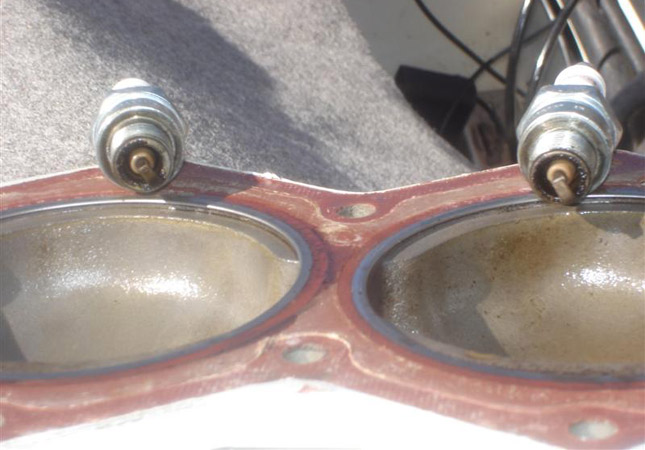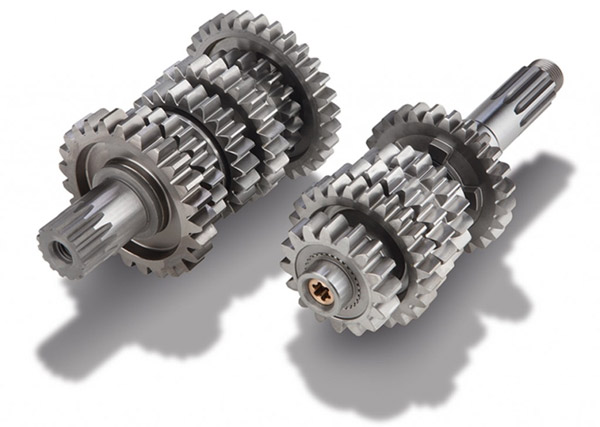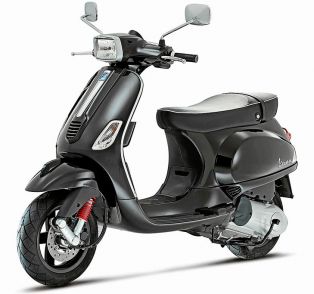 The other day one of my Facebook friends Mugees Sheikh messaged me a text, that he wanted to ask a question regarding his bike Hero Karizma R. I replied him to continue the conversation not knowing that this conversation with him will lead me to write an article about a process which often comes to our mind whenever we think or plan to spend our hard earned money and priceless time on attending the engine of our bikes.
The other day one of my Facebook friends Mugees Sheikh messaged me a text, that he wanted to ask a question regarding his bike Hero Karizma R. I replied him to continue the conversation not knowing that this conversation with him will lead me to write an article about a process which often comes to our mind whenever we think or plan to spend our hard earned money and priceless time on attending the engine of our bikes.Decarbonization:
It is a process of removing carbon deposited inside the engine; including the cylinder head comprises of the Valvetrain and the block of the engine comprises of the entire drivetrain and components like clutch assembly and Crankshaft etc.
Decarbonizing the engine of our bike is a thought seldom comes to our minds to rejuvenate the bike or to relive the charm of its when the bike was new. Either by our previous experiences with 2-stroke motorcycles or may be because of a friendly advice from our regular mechanic, the idea of decarbonizing the 4-stroke engine of our bike suddenly starts looking very fascinating.
 Without knowing the actual necessity of decarbonization, anybody can become exited about the outcomes of the process. It is our logic that defies us here, the logic that a motor burns fuel must leave carbon traces that are necessarily going to deposit in the engine. And those depositions can only be imagined when we talk about the bikes already running for 5-6 years or more. But here we must keep this thing in mind that today's motorcycles are equipped with modern 4-stroke technology and this technology is different from the 2-Stroke technology which uses additional 2T oil for lubricating powertrain of the bike which eventually get burnt along with fuel, leaving heavy carbon deposition mainly in the cylinder head of the engine.
Without knowing the actual necessity of decarbonization, anybody can become exited about the outcomes of the process. It is our logic that defies us here, the logic that a motor burns fuel must leave carbon traces that are necessarily going to deposit in the engine. And those depositions can only be imagined when we talk about the bikes already running for 5-6 years or more. But here we must keep this thing in mind that today's motorcycles are equipped with modern 4-stroke technology and this technology is different from the 2-Stroke technology which uses additional 2T oil for lubricating powertrain of the bike which eventually get burnt along with fuel, leaving heavy carbon deposition mainly in the cylinder head of the engine.Since in 4-stroke engines we do not use additional 2T oil, the outcome is a cleaner engine as compare to 2-stroke engines. In straight words 4 stroke engines do not require decarbonization for very long period, and if you maintain your bike responsibly and always use good quality of fuel and engine oil your bike may not require decarbonization for its life time.
 Still somehow if you feel you need to decarbonize your bike, it is suggested that you should get your bike's engine decarbonized while it is getting overhauled. Decarbonizing parts of your bike's engine is easier and more efficient when they are in a dismantle state. Trying to decarbonize the 4-stroke engine with strong solvents like petrol or other organic compounds by simply putting them inside the crankcase or engine block may result noisy bearings, leaked engine casing, ruptured oil seals and worst loss of compression. It is when you really have to get your bikes engine open and get it overhauled anyways. The choice is yours............!!
Still somehow if you feel you need to decarbonize your bike, it is suggested that you should get your bike's engine decarbonized while it is getting overhauled. Decarbonizing parts of your bike's engine is easier and more efficient when they are in a dismantle state. Trying to decarbonize the 4-stroke engine with strong solvents like petrol or other organic compounds by simply putting them inside the crankcase or engine block may result noisy bearings, leaked engine casing, ruptured oil seals and worst loss of compression. It is when you really have to get your bikes engine open and get it overhauled anyways. The choice is yours............!!One should always keep this in mind that depositions are always not bad, sometimes depositions are for good also. Deposition also act as sealant for loose bearings, worn out oil seals and torn apart gaskets.
I hope you find this article helpful and worth commenting upon, please do share your experiences with your fellow motorbike enthusiasts.
By: Farhan Kashif











